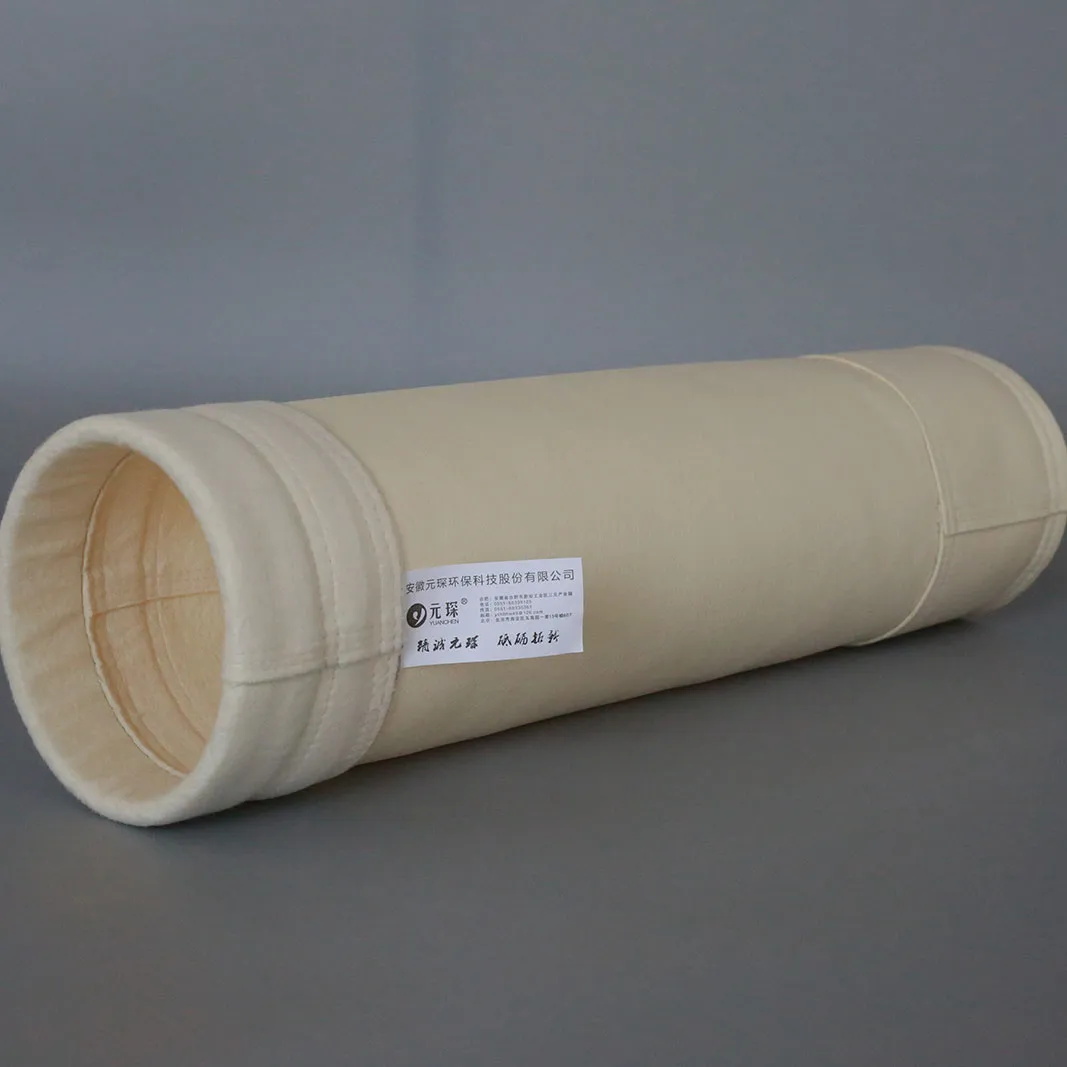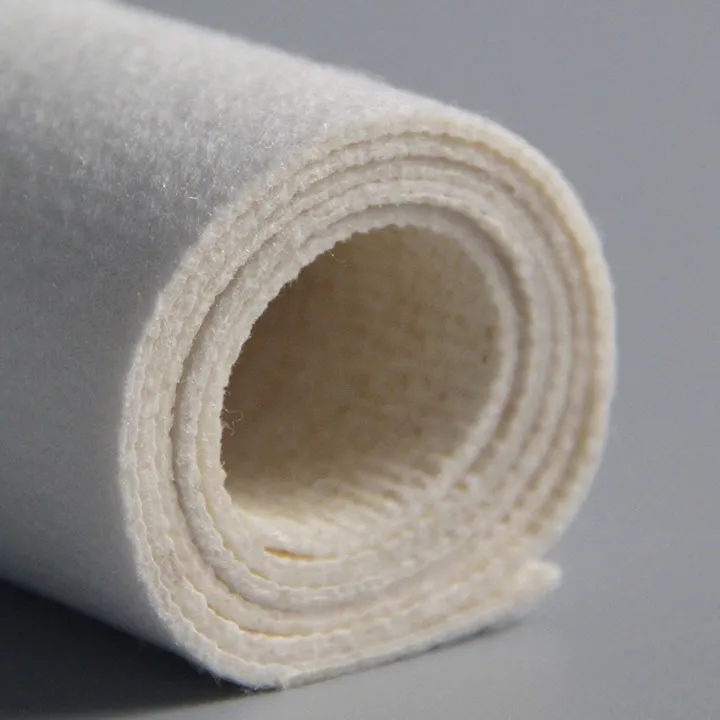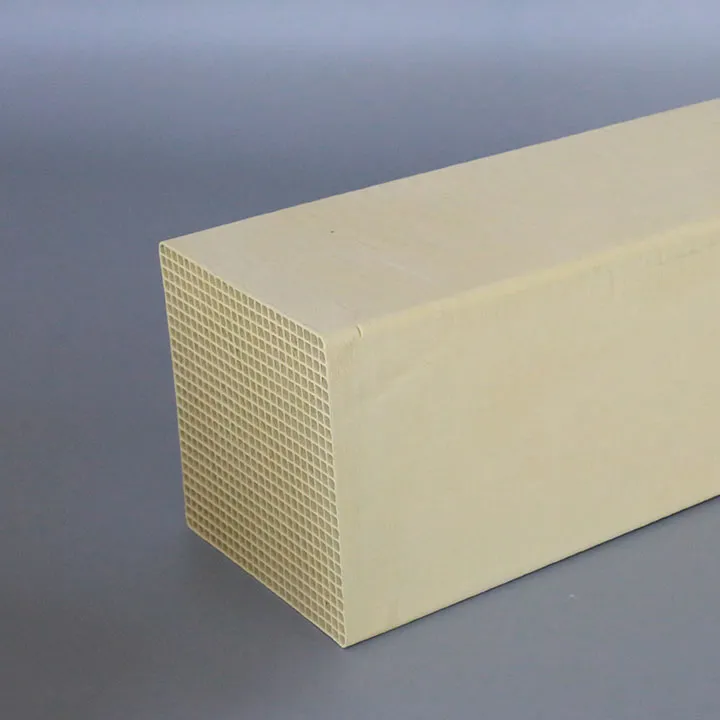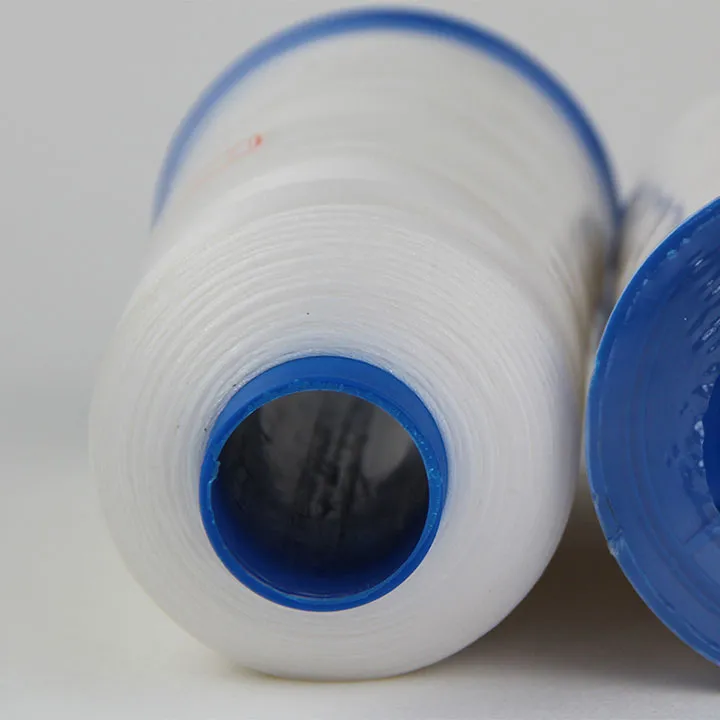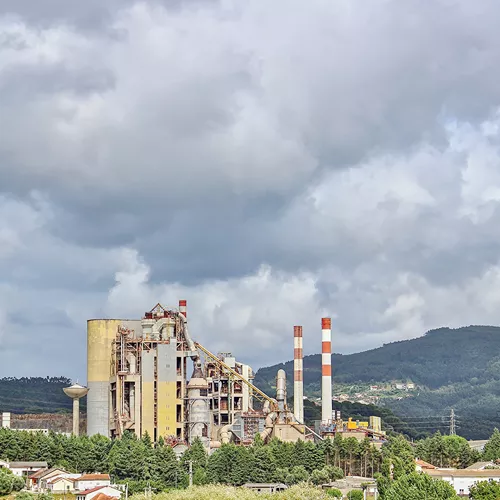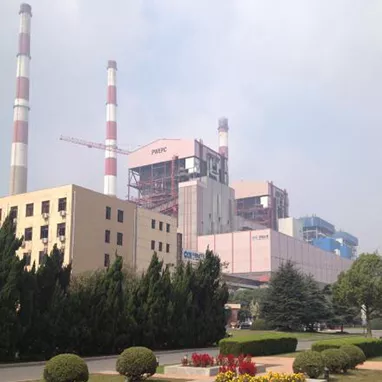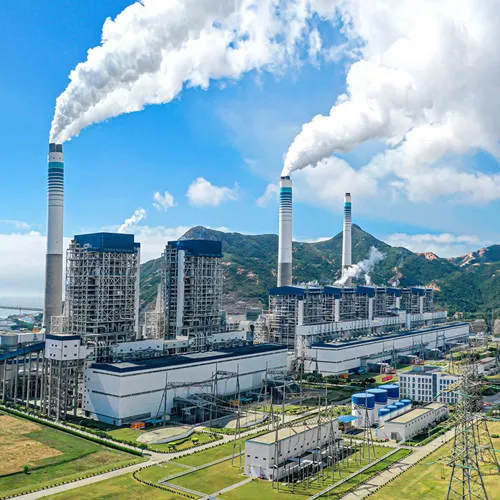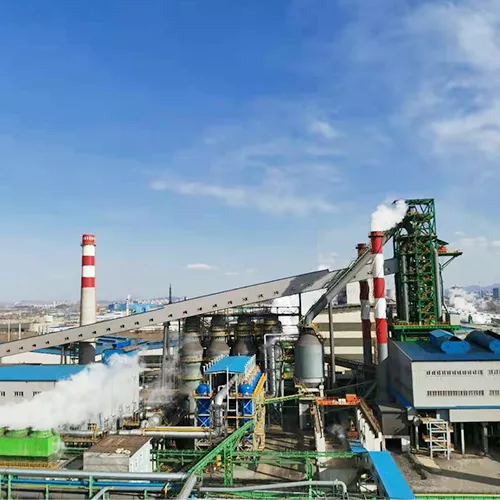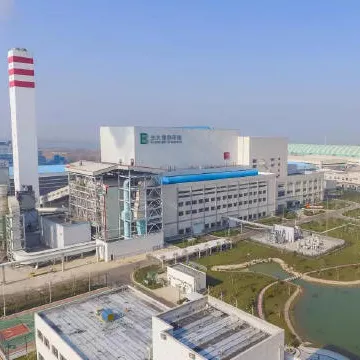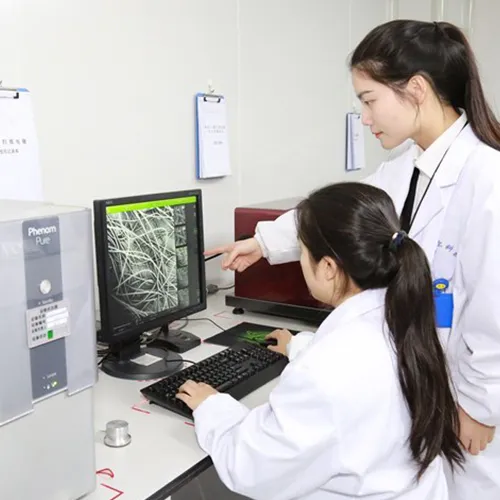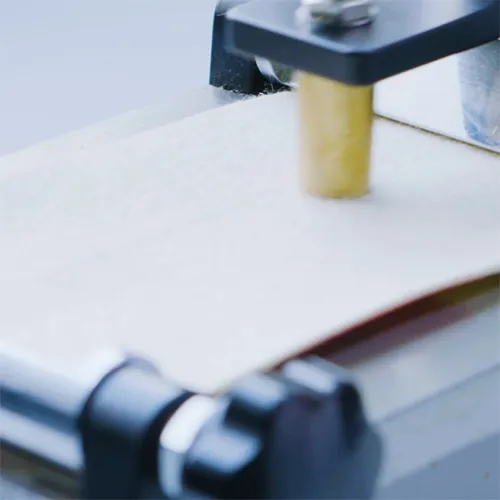What is PTFE Filter Bag?
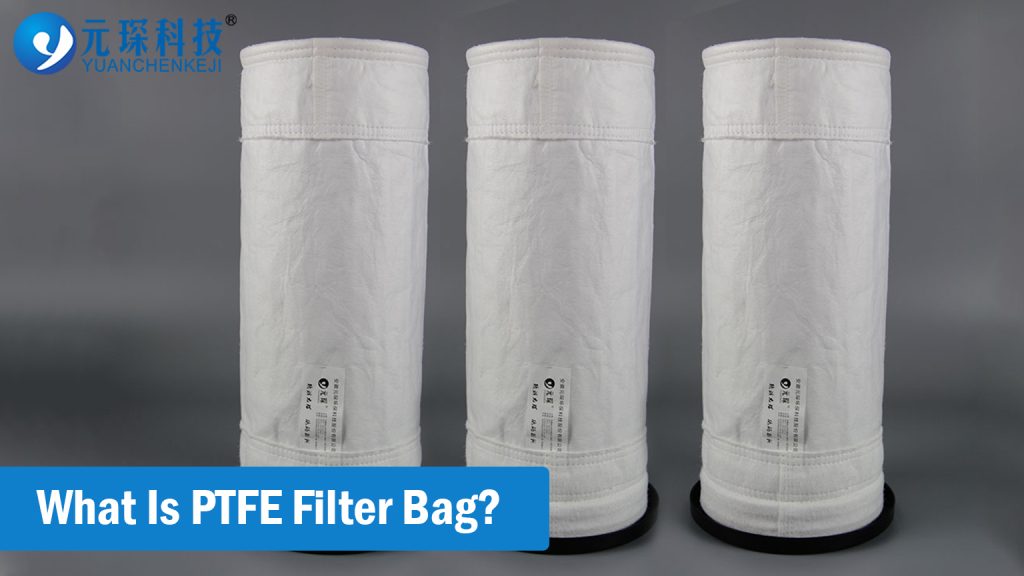
Filtration technology is very important in today’s industrial landscape, with applications spanning from manufacturing and energy generation to medicines and food processing. Impurity and pollutants must be removed efficiently from liquids and gases not only to meet regulatory standards, but also to ensure product quality, environmental sustainability, and worker safety.
Among the various filtering technologies available, PTFE filter bags have emerged as one of the the best choice for highly demanding industrial applications.
But what is PTFE filter bag exactly? Let’s find out.
What is PTFE?
In order to know what is PTFE filter bag, we must first know what PTFE means. Polytetrafluoroethylene, commonly known as PTFE, refers to synthetic fibers designed to offer superior chemical resistance, and high thermal stability.
The story of PTFE began in the early 20th century, with the rapid breakthroughs in polymer chemistry. In 1938, a chemist called Roy Plunkett discovered PTFE while performing refrigerant tests at DuPont’s Jackson Laboratory in New Jersey, USA. Plunkett’s unintentional discovery of a waxy white material with amazing qualities resulted in the development of PTFE.
Initially branded as ‘Teflon’, PTFE technology soon garnered attention for its unusual mix of properties, including non-stickiness, high-temperature tolerance, chemical inertness, and low friction coefficient. PTFE’s qualities make it beneficial in a wide range of applications, including cookware, industrial gear, aircraft components, and medical devices.
PTFE’s outstanding performance is due to a mix of inherent features that distinguish it from typical materials. The most notable of these is its remarkable chemical resistance, which makes it resistant to almost all known chemicals, including acids, bases, solvents, and caustic compounds. Because of its chemical resistance, PTFE is suited for usage in severe industrial situations where hostile chemicals are frequently encountered.
Furthermore, PTFE is extremely thermally stable, withstanding temperatures ranging from -200°C to 260°C (-328°F to 500°F) without substantial deterioration. PTFE’s great temperature endurance makes it suited for applications where tremendous heat is unavoidable, such as aircraft components, automotive parts, and industrial machinery.
In addition, PTFE has an extremely low coefficient of friction, giving it the reputation of “the world’s slipperiest material.” With its low friction coefficient and non-stick qualities, PTFE is an excellent lubricant and coating material for a wide range of mechanical and industrial applications. Whether it’s decreasing friction in bearings, avoiding adhesion in food processing equipment, or boosting the performance of cutting tools, PTFE is vital for increasing efficiency and lifespan.
PTFE’s chemical resistance, thermal stability, and low friction coefficient make it a material of choice in a wide range of sectors. Its distinct set of features continues to fuel innovation and open up new opportunities in engineering, manufacturing, and beyond.
Composition and Structure of PTFE Filter Bags
Now that you know what PTFE technology is, it is time to address the pressing question of what is PTFE filter bag. PTFE filter bags are made from specialized synthetic fibers containing polytetrafluoroethylene. This fluoropolymer is known for its high chemical resistance, thermal stability, and low friction coefficient. The fibers are densely braided or felted to create a strong, porous structure with a large surface area. This construction ensures maximal particle collection while minimizing airflow resistance.
One of the most distinguishing qualities of PTFE filter bags is their distinctive microstructure, which is critical for effective particle collection. The small pores and interstitial gaps in the filter material form a labyrinthine channel for air or liquid to go through. As pollutants move through the filter, they become caught between these holes, preventing them from reaching the clean side.
The microstructure’s uniformity and density are precisely developed to guarantee constant filtering performance under a variety of operating circumstances. This guarantees that even the tiniest particles are properly collected, leading to cleaner effluent and higher product quality.
In industrial filtration applications, airflow resistance and filtration efficiency are critical. PTFE filter bag manufacturers design these filters with the intention of striking the ideal balance between these two elements, allowing for peak performance without sacrificing energy efficiency or system integrity.
The porous structure of PTFE filter bags offers an excellent balance of large surface area and low airflow resistance. This enables for more effective airflow through the filter medium, resulting in maximum contact between pollutants and the filter surface. As a result, particles are successfully collected while allowing air or liquid to circulate through the system.
Furthermore, PTFE filter bags’ exact pore size distribution and filtering effectiveness contribute to their outstanding ability to remove pollutants from liquids or gasses. Whether filtering out small particle matter or trapping bigger waste, PTFE filter bags excel at providing the necessary degree of filtration efficiency while retaining optimal airflow resistance.
PTFE filter bag sizes are always determined by the buyer’s unique needs, and how much area they want to cover with those bags.
Ultimately, the composition and structure of PTFE filter bags precisely manufactured to provide excellent filtering performance in industrial applications. PTFE filter bags provide remarkable outcomes by utilizing modern materials and unique designs, resulting in cleaner effluent, higher product quality, and increased system dependability.
Applications of PTFE Filter Bags
PTFE filter bags are widely used in a variety of industrial industries where high filtering standards necessitate dependable and effective solutions. Let’s look at the many uses of PTFE filter bags and the specific issues they handle in each industry:
1. Chemical Manufacturing:
In chemical manufacturing, PTFE coated filter bags are very handy for preserving product purity and adhering to high quality requirements. These filter bags are used to remove dangerous particles, caustic chemicals, and volatile substances from process streams. PTFE filter bags’ superior chemical resistance allows them to survive severe chemical conditions, protecting equipment integrity and reducing the danger of contamination.
2. Power Generation:
Power production facilities, particularly those that use coal-fired boilers or waste incineration, confront considerable emissions and environmental compliance issues. PTFE filter bags help to reduce the emissions of dangerous pollutants such fly ash, sulfur dioxide, and nitrogen oxides from flue gases. Their great temperature tolerance and chemical resistance make them perfect for catching tiny particles and acidic gasses, lowering air pollution and maintaining regulatory compliance.
3. Cement Production:
Cement production operations produce large volumes of dust and particle matter, causing issues for environmental sustainability and occupational safety. PTFE felt filter bags are used in dust collection systems to absorb cement dust and other airborne pollutants, limiting their escape into the environment. The strong design and filtering effectiveness of PTFE filter bags allow them to withstand the abrasive character of cement dust, extending service life and reducing maintenance costs.
4. Food Processing:
In the food and beverage business, high cleanliness requirements are critical to assuring product quality and customer safety. Filtration methods use PTFE filter bags to remove pollutants, microbiological agents, and other contaminants from food and beverage goods. Their inert nature and non-stick features make them ideal for use in critical applications such as sterile filtration, where cleanliness and product integrity are paramount.
5. Pharmaceuticals:
To generate safe and effective medicines, pharmaceutical manufacturing facilities must maintain sterile conditions. China PTFE filter bags are used in important filtration operations to exclude bacteria, viruses, and other microbes from pharmaceutical formulations. Their remarkable chemical compatibility and high filtering effectiveness guarantee product purity and regulatory compliance, protecting public health and improving patient safety.
In each of these industrial sectors, PTFE filter bags handle distinct issues such as chemical resistance, high-temperature endurance, filtering effectiveness, and durability. PTFE filter bags help to promote environmental sustainability, regulatory compliance, and operational efficiency in a wide range of industrial applications by delivering dependable and effective filtration solutions.
Advantages of PTFE Filter Bags
There are other filter technologies in the market. So, what makes PTFE stand out from the rest? Here are some key features of PTFE filters that distinguish from others:
1. Exceptional Chemical Resistance:
PTFE bag filter are extremely chemically resistant, making them appropriate for settings where corrosive gasses, acids, and volatile chemicals are widespread. Unlike conventional filter media, PTFE fibers are unaffected by strong chemicals, guaranteeing consistent filtering performance and lifetime in demanding industrial applications.
PTFE filter bags are extremely resistant to a variety of substances, including acids, alkalis, solvents, and oxidants. This remarkable chemical inertness enables long-lasting and constant performance in harsh settings where traditional filter media may decay or fail.
2. High Temperature Stability:
With their exceptional thermal resilience, PTFE filter bags thrive in high-temperature situations where traditional filter media may decay or lose efficiency. Whether used in coal-fired power plants, cement kilns, or incinerators, PTFE filter bags retain structural integrity and filtering effectiveness even at high temperatures, assuring constant performance and emission compliance.
PTFE filter bags are designed to endure severe temperatures and retain structural integrity and filtering performance even under the most demanding thermal conditions. Whether exposed to extreme heat or fast temperature swings, PTFE filter bags remain strong and dependable, allowing for continued operation without sacrificing performance.
3. Superior Particle Retention:
PTFE filter bags are designed to catch particles of all sizes, including sub-micron particulates and aerosols, with high efficiency. PTFE filter bags collect tiny particles efficiently, resulting in cleaner emissions and enhanced air quality. The exact pore size distribution and high porosity of PTFE filter bags improve filtering efficiency, resulting in improved performance in eliminating pollutants from liquids or gasses.
The microporous structure of PTFE fibers provides a wide surface area for particle collection while minimizing pressure loss across the filter medium. As a result, PTFE filter bags offer improved particle retention, resulting in cleaner air and a lower environmental impact in industrial environments.
4. Extended Service Life:
One of the most notable advantages of PTFE filter bags is that they have a longer service life than ordinary filter media. PTFE fibers’ strong structure and chemical resistance allow these filter bags to endure difficult working conditions.
The longer service life minimizes the number of filter replacements and maintenance cycles. This durability not only reduces operational costs but also improves overall system dependability and performance, which means that PTFE filter bag price should always be seen in the context of the long term benefits it provides.
Businesses that invest in PTFE filtering technology can save money in the long run while also improving operational efficiency.
5. Easy Cleaning and Maintenance:
PTFE filter bags have a nonstick surface and low surface energy, which prevents particle accumulation and makes cleaning easier during normal maintenance cycles. Unlike other traditional filter media, which may require regular replacements or extensive cleaning operations, PTFE filter bags may be cleaned quickly and easily, reducing downtime and maintaining continuous functioning of filtration systems. Furthermore, the smooth texture of PTFE fibers lowers pollutants’ adherence, easing maintenance activities and extending the life of filter bags.
6. Effortless Particulate Release:
PTFE’s non-stick qualities prevent particles from clinging to the filter surface, allowing for simple cleaning and maintenance. Unlike traditional filter media, which can retain particles and clog over time, PTFE filter bags easily release collected particulates, decreasing downtime and maintenance requirements.
7. Versatility across Industries:
Whether in chemical manufacture, power generation, cement production, food processing, or pharmaceuticals, PTFE filter bags meet a wide range of filtration requirements with unparalleled efficiency and durability. Their versatility and adaptability make them essential components in a variety of industrial processes, contributing to increased environmental sustainability and operational performance.
As you can clearly see, PTFE filter bags have several benefits that make them the best solution for demanding industrial filtration applications. PTFE filter bags outperform traditional filtering media in areas such as chemical resistance and high-temperature durability, as well as easy particle release and great filtration efficiency.
Conclusion
PTFE filter bags are a tribute to ingenuity and technical brilliance, offering unparalleled performance and reliability in industrial filtering. From chemical manufacture to power generation, their adaptability and efficacy make them essential components in a variety of sectors.
The best PTFE filter bags represent the revolutionary potential of incredible filtering technologies, which will allow us to create a cleaner, greener, and more sustainable planet.
Find the best PTFE filter here at Leading Filter . For any query, feel free to Contact us now!


